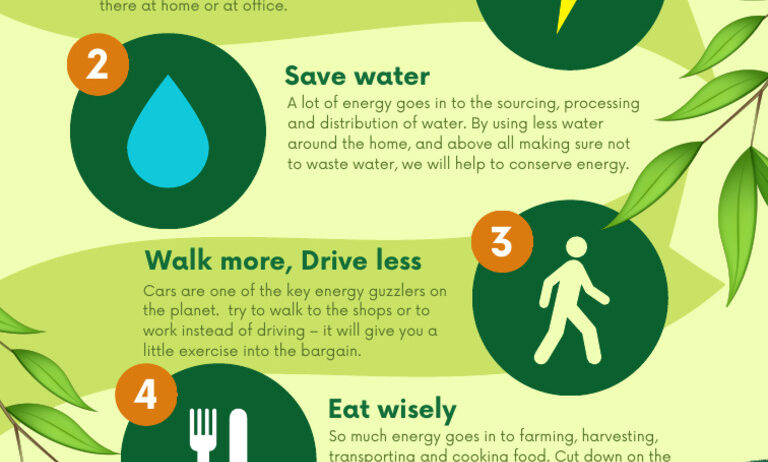In our journey through the intricate tapestry of existence, chemical energy stands as an essential thread woven into the very fabric of daily life and industry. This multifaceted form of energy powers our homes, fuels our vehicles, and drives industrial machinery, rendering it indispensable yet often overlooked. Just like the hidden mechanics behind a grand clock, the conservation of chemical energy is vital for ensuring sustainability and mitigating environmental impacts. Understanding how to minimize energy waste in both our personal and professional spheres can lead to monumental shifts in environmental preservation.
To embark on this voyage, let us first unravel the definition of chemical energy. It is the energy stored within the bonds of chemical compounds, released during a reaction, akin to a coiled spring ready to propel forward at an opportune moment. This energy source manifests itself in various forms, from the food we consume to the fossil fuels that power our industries. The cornerstone of conservation resides not only in the recognition of this energy but also in proactive measures to utilize it judiciously.
The Individual Sphere: Everyday Life
In the realm of daily living, individuals wield substantial power over chemical energy conservation through mindful choices. Here are some vital strategies:
- Adopting Energy-Efficient Appliances: Transitioning to appliances with higher energy efficiency ratings can substantially reduce energy consumption. Devices that employ advanced technologies often operate on lesser energy, which equates to less chemical energy being utilized.
- Smart Consumption Patterns: The art of mindful consumption involves evaluating the necessity of purchasing new products. Whenever possible, prioritize repurposing or repairing existing items, thereby minimizing new manufacturing activities that drain chemical energy resources.
- Conscious Transportation Choices: Transportation remains one of the significant sectors consuming chemical energy. Choose public transit, carpooling, cycling, or walking to mitigate the energy burden. The simple act of commuting can serve as a powerful statement towards lowering reliance on fossil fuels.
- Practicing Efficient Cooking: Energy-efficient cooking methods such as pressure cooking, induction stoves, or using a microwave can streamline energy use. These techniques harness chemical energy more effectively, reducing waste while maintaining culinary integrity.
- Smart Thermostat Systems: By employing smart thermostats, you can optimize heating and cooling systems in your home. These devices adjust temperatures based on occupancy and preferences, which keeps energy use in check.
The home serves as a microcosm of energy consumption, illustrating how individual actions cumulate into broader environmental impacts. Each choice echoes in the broader environmental narrative, and understanding this interconnectedness is paramount.
The Industrial Sphere: Sustainable Practices
Shifting focus to the industrial landscape, the need for energy conservation becomes exponentially more pertinent due to the massive scales involved. Industries are the beating heart of economic activity, yet they also serve as significant contributors to energy depletion. However, innovative methodologies can reshape operational standards. Consider the following practices:
- Implementing Lean Manufacturing: This production philosophy focuses on minimizing waste within manufacturing systems. By streamlining processes, industries can reduce unnecessary energy consumption, ensuring that every joule of chemical energy is employed efficiently.
- Investing in Renewable Alternatives: The incorporation of biofuels, solar energy, and other renewables can transition energy reliance away from fossil fuels. Chemical energy derived from sustainable sources can pave pathways towards reduced carbon footprints.
- Conducting Energy Audits: Regular assessments of energy use throughout the production process can reveal opportunities for conservation. By identifying inefficiencies in machinery and processes, organizations can recalibrate operations for optimal energy performance.
- Utilizing Waste Heat Recovery Systems: Industries often produce excess heat as a byproduct of operations. Implementing systems that recycle this waste heat can lead to lower chemical energy demands in processes, facilitating a more sustainable energy cycle.
- Employee Training Programs: Educating the workforce about energy conservation practices encourages collective participation in sustainability goals. Awareness leads to mindful operation methods, which can significantly reduce chemical energy expenditure.
Passenger vehicles and production lines represent the dual facets of humanity’s chemical energy consumption. As industries adapt to conservation measures, they not only have the potential to reduce costs but also to engage in a transformative narrative of sustainability.
Conclusion: The Collective Journey Toward Conservation
Ultimately, the responsibility for conserving chemical energy lies within the collective grasp of individuals and industries alike. By embracing innovative practices and responsibly navigating our daily decisions, we can weave a sustainable future. Reflecting on how chemical energy mirrors a coiled spring – if left unchecked, its release can be detrimental. However, with conscious choices and systematic practices, we can harness its power, ensuring it serves not only our immediate needs but also the well-being of our planet and future generations. The call to action remains clear: let us tread lightly upon the Earth, conserving the chemical energy that sustains both life and our industrial endeavors.






